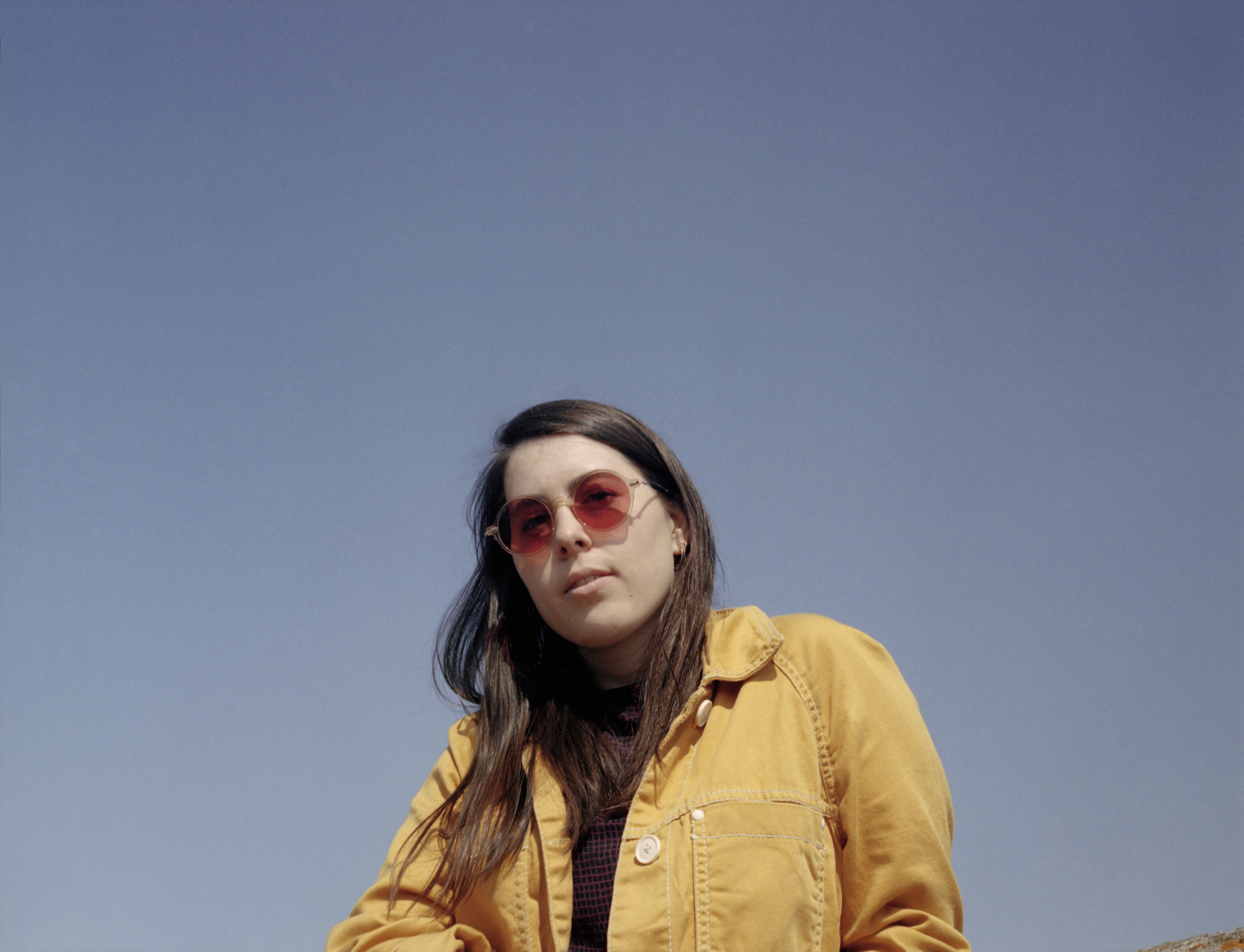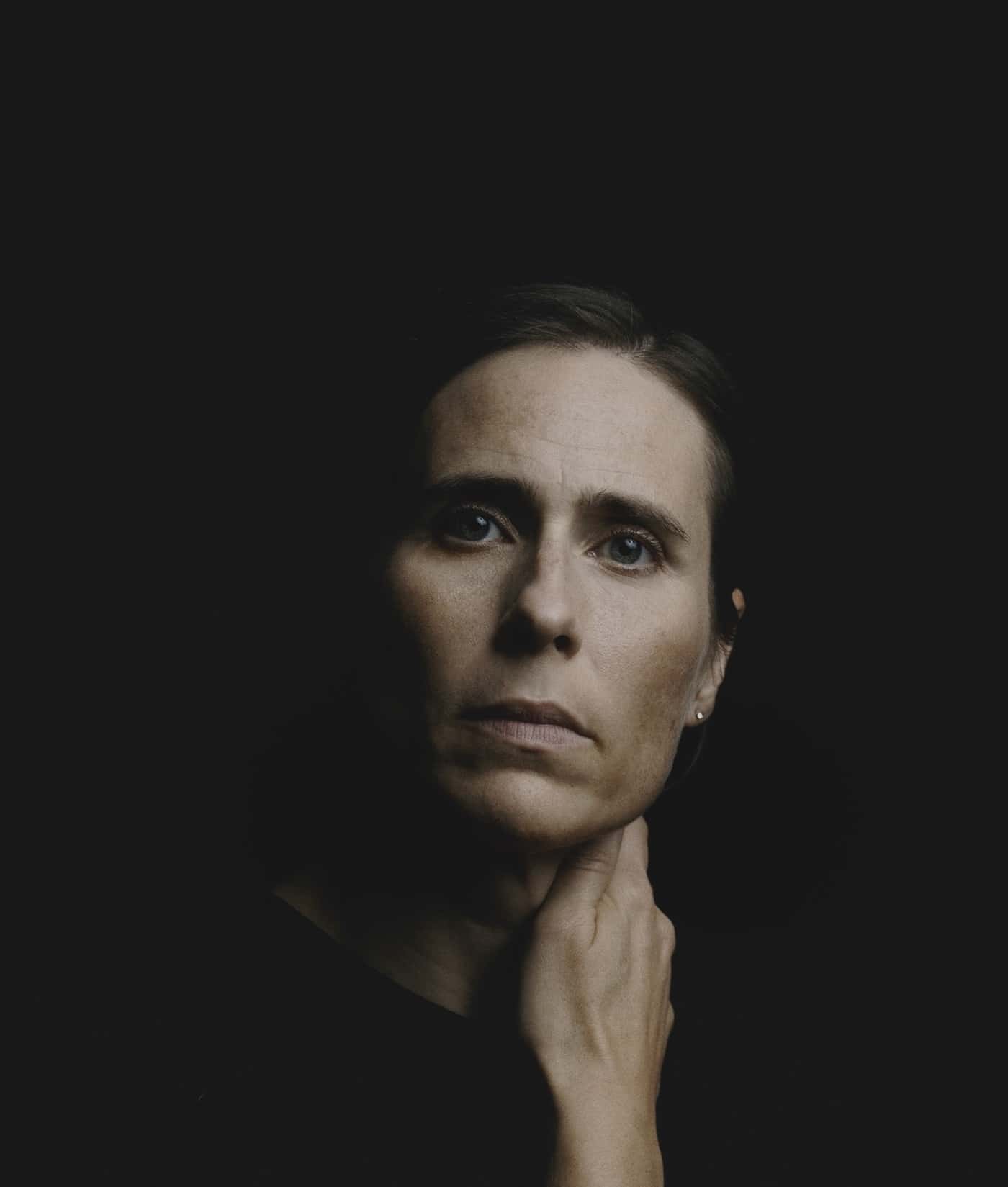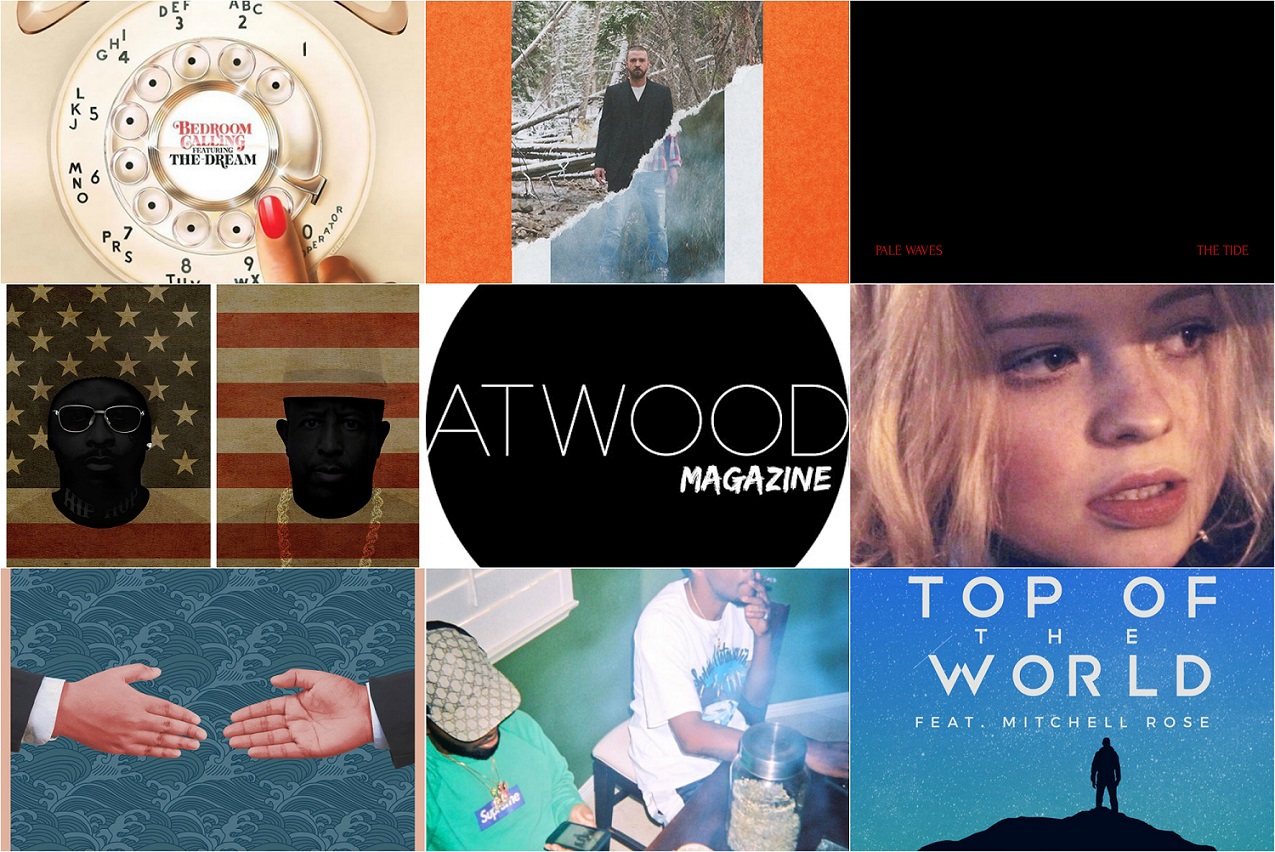Singer/songwriter Marika Hackman speaks with Atwood Magazine about the honesty and fear that contributed to the gilded gold of her fourth album, ‘Big Sigh.’
Stream: ‘Big Sigh’ – Marika Hackman
(adsbygoogle = window.adsbygoogle || []).push({});
I want people to feel reflective and moved. I hope there is a sense of shared experience, and that’s how I feel when I listen to it.
“Gold is on the ground, I was happy for a while,” sings Marika Hackman through a cloud of smoke.
Hackman’s fourth studio album, Big Sigh, (out January 12 via Chrysalis Records) opens with “The Ground,” a track that drowns any preconceived notions of Hackman’s temper and artistry, both of which have changed in the last couple years. Big Sigh is an ode to anhedonia, taking its place as a sympathetic friend in the anthology of numbness — think Sibylle Baier, Molly Drake, Vashti Bunyan. Returning to the intimacy of her earliest projects, Hackman’s latest revolves around a slew of bittersweet instrumentation paired with perceptive production, accounting for all the little details.
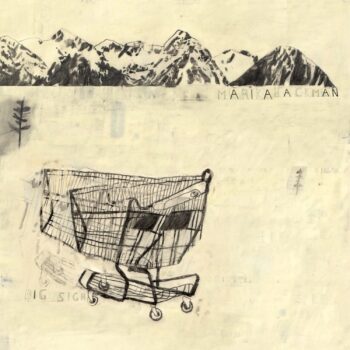
Hackman surrounds the album with a suffocating warmth, complete with repeating themes of pedaled piano and hazy strings that follow at her heels. Her production is miles ahead from where she was with previous projects. Though she was always honest, her music had entered a realm of detached assurance.
As Hackman tells Atwood Magazine, “I didn’t want to imprint any extraneous identity onto the record.” The result is something stunningly cohesive. Hackman knits her way through a web of indifference and emerges to find a tapestry of vulnerability.

(adsbygoogle = window.adsbygoogle || []).push({});
She can be comfortable with nothing, her songs frequently featuring moments of quiet.
Hackman allows herself to take a breath before pouring herself into the next thing. Titular track “Big Sigh” allows Hackman to gnash her teeth, repeating “I’ve been better” before caving to the electric guitar. Each track is uniquely lush, overwhelming the record with an eerie fog.
Hackman repeats the only sentence from the album’s opener, this time with weary clarity. The plucking of the guitar envelops her voice in a sweet surrounding, chipping away at her tarnished gold. She ends with a riddle, singing, “Show me the bones that we buried outside, no home-grown, this is better.”
(adsbygoogle = window.adsbygoogle || []).push({});
The same few things are on the rolodex of Hackman’s mind: Blood, silence, strength, self.
Big Sigh is a testament to her ability to make something out of nothing – to look her tendencies in the eye and overcome them with musicality. Big Sigh is a quiet exercise in control.
Atwood Magazine connected with Marika Hackman to discuss her release and more.
I’ve realized that my creative output is a muscle that needs to be used. If I let it sit for a bit, it atrophies and it’s much harder to use again.
— —
:: stream/purchase Big Sigh here ::
:: connect with Marika Hackman here ::

(adsbygoogle = window.adsbygoogle || []).push({});
A CONVERSATION WITH MARIKA HACKMAN

Atwood Magazine: Congratulations on Big Sigh! It’s gorgeous. How do you feel as the album comes out in two days?
Hackman: Thank you! I feel good, I’m really excited. Sitting on something is a strange feeling, I felt kind of disconnected from the record. Now that it’s coming out I’m more reenergized about it all. It’s nice to feel like I’m reconnecting to it.
You’ve likened your process to “hacking into a block of ice” – saying that if you leave the block for too long, it freezes over and “the fear of finding it intensifies.” Why did you use the word fear here?
Hackman: I think any artist’s fear is writer’s block or struggling to find creative inspiration. When it does happen and it happens quickly, it’s so enjoyable, it’s the reason you do what you do. It’s such a big factor as making this is such an enjoyable and inspiring thing. If it’s not coming naturally or easily how do you get that back? There’s no rule book or guide to writing songs, you start with nothing and you finish with a record. It’s a constant fear. I’ve realized that my creative output is a muscle that needs to be used. If I let it sit for a bit, it atrophies and it’s much harder to use again. When I’m writing regularly, everything is nearer to the surface.
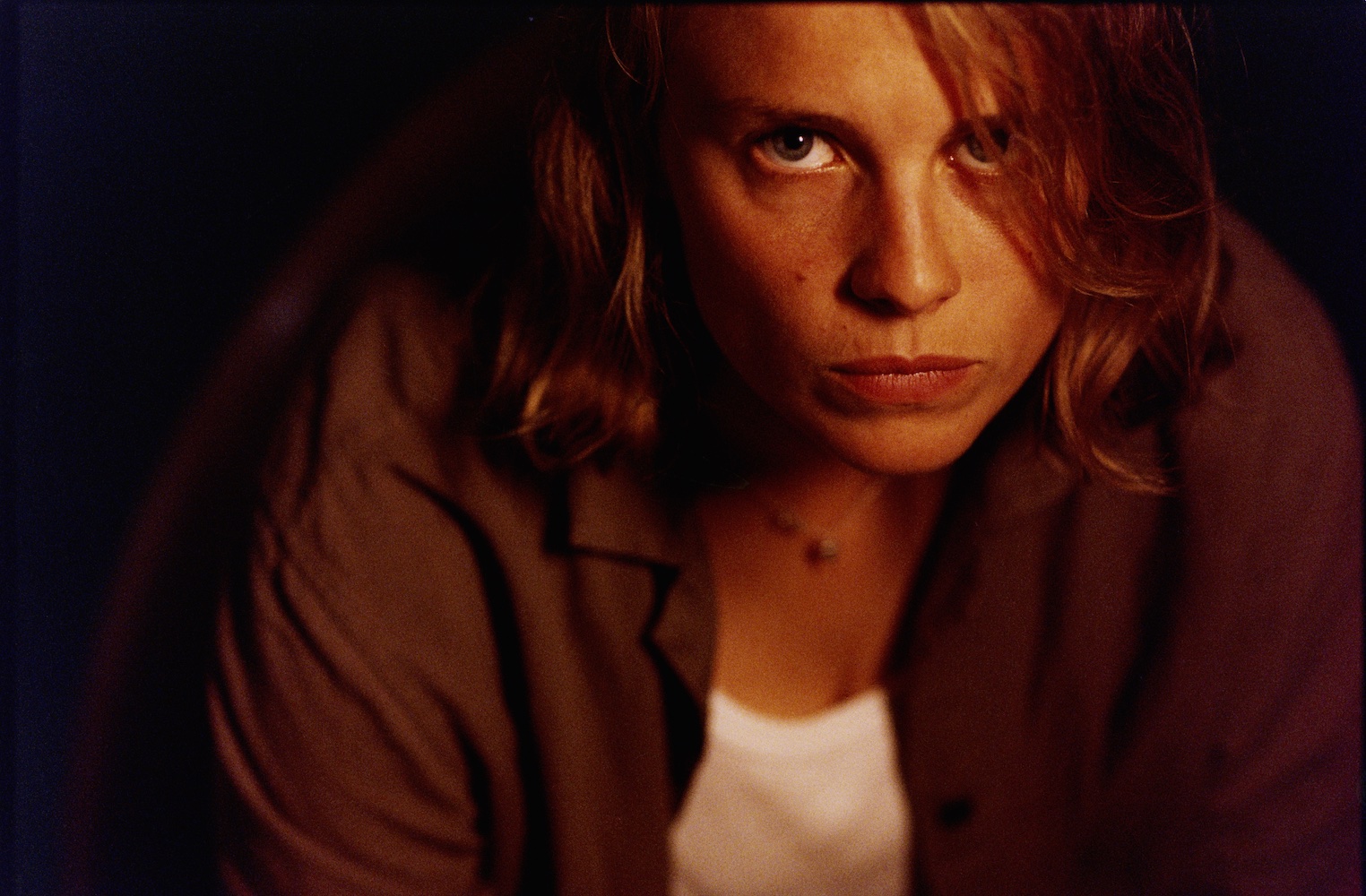
(adsbygoogle = window.adsbygoogle || []).push({});
When I’m writing regularly, everything is nearer to the surface.
Your last release was Covers, which featured heavy experimentation with songs you know and love. You expand your sound to include strings and brass instruments on this record. How did the experience of Covers affect this next project, if at all?
Hackman: I think it gave me the confidence to step into the producer role a bit more readily. In terms of arrangements, it was very useful. I was playing around with MIDI string arrangements that I brought into Big Sigh. I didn’t have a vision for this record. I didn’t want to imprint any extraneous identity onto the record.
It also sounds like there is a different color to your voice on this record. Would you agree?
Hackman: There was more of a struggle. I was able to focus purely on writing songs without thinking ahead so much. My main focus was to get the songs written as opposed to thinking about what kind of record I wanted to make. I think that makes it feel very authentic. It feels like a combination of everything I’ve done before as well. It has the melancholy and wistfulness from the first album, the grunge of my second, and the direct lyrics of my third. They are all just in there, rather than being planned out or thought about beforehand.
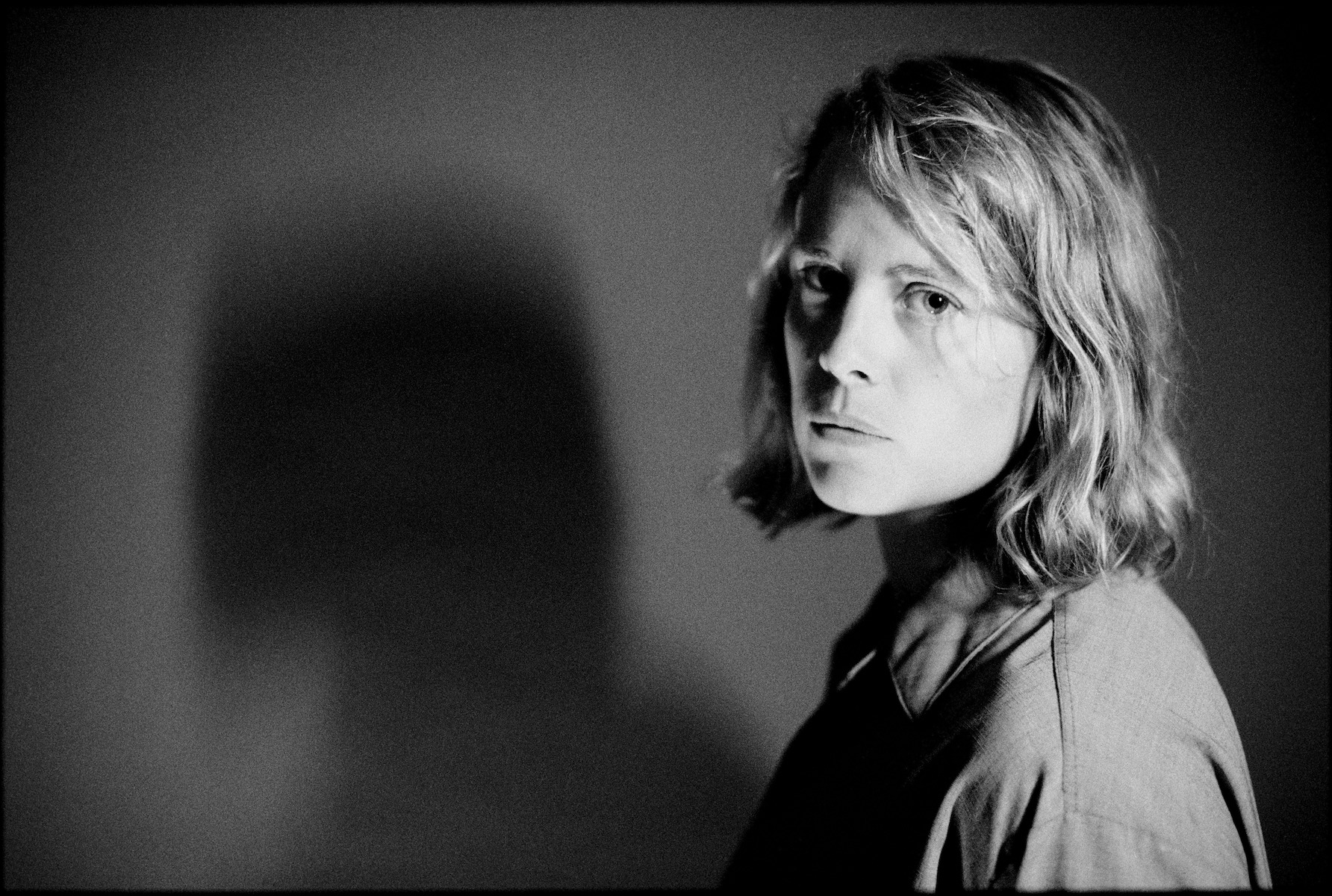
(adsbygoogle = window.adsbygoogle || []).push({});
It has the melancholy and wistfulness from the first album, the grunge of my second, and the direct lyrics of my third.
When touring and collaborating disappeared with the pandemic, you found your panic around music worsening. What is it that sets writing apart as a stressor?
Hackman: It depends. If I’m finding writing easy it’s super cathartic. I can take difficult subject matters and externalize them into something I can work on and understand. I can turn them into something beautiful. I do get this weird thing when I write a song quickly where I feel dissociated for an evening.
A good night’s sleep helps, and I have no idea why that happens. All aspects of this job have their positives and negatives when it comes to mental health. Collaborating is nice, to have someone lift the weight off your shoulders for a bit. Though, I spend most of my time alone. (laughs)
Why is that?
Hackman: I don’t think I would necessarily collaborate in terms of songwriting. I see myself as a songwriter first and foremost – that, to me, is the epicenter of my work. It would feel strange to release a Marika Hackman record where the songs weren’t written by me. I haven’t found a way to collaborate that feels organic to me yet, in terms of songwriting.
(adsbygoogle = window.adsbygoogle || []).push({});
All aspects of this job have their positives and negatives when it comes to mental health.
There’s always been a physicality to your writing. Before it was sexual imagery, now it’s blood, drowning, blisters, growing pains. How has the way you depict yourself changed between the records?
Hackman: I don’t think it has changed much! I was inhabiting more of a character to process emotions, like talking through a puppet in therapy. I was exaggerating things and being provocative. But at its core, my writing is provocative because I am drawn to those visceral, body things. My wording has stayed quite similar. I find social taboo very interesting in terms of our bodies. The fact that we find the things that unite us uncomfortable is fascinating. That’s why I’m so drawn to blood, water, vomit, and spunk. It’s the stuff we all have, so why is this the scary shit? I think this is more from my perspective, rather than a character.
What did it look like to abandon the character?
Hackman: There was no concept to it this time. I always come in with a concept, and this time it was about writing the best songs I could. Some of these songs are about things from 6 or 7 years ago, but I’m older now and I have a new perspective.
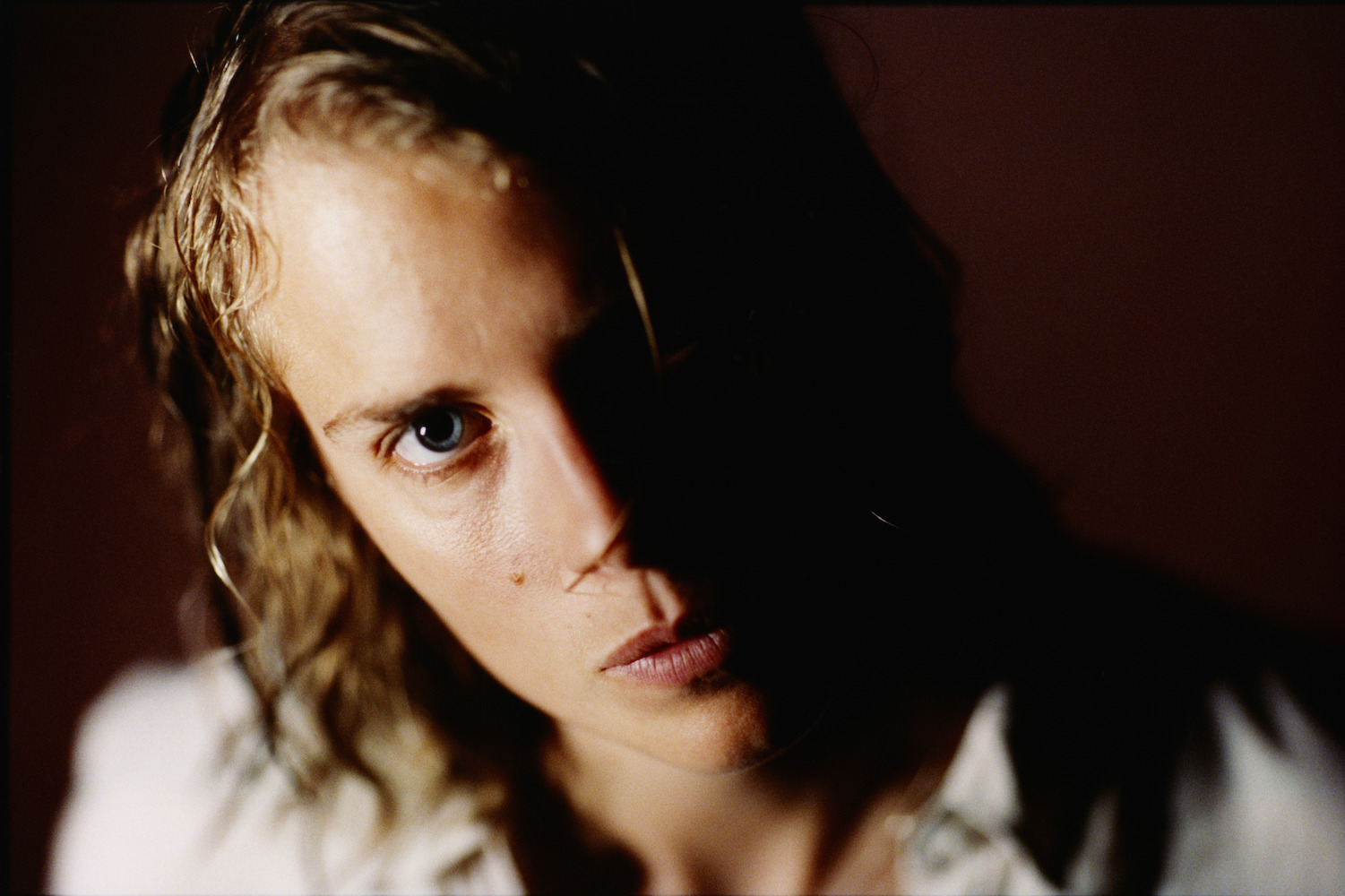
(adsbygoogle = window.adsbygoogle || []).push({});
The fact that we find the things that unite us uncomfortable is fascinating. That’s why I’m so drawn to blood, water, vomit, and spunk…
What are your hopes for Big Sigh?
Hackman: I hope it connects. This record is about honesty, and I hope it lands for people.
If you would have asked me a couple years ago, I would have talked about planning a slamming live show or shocking people, but this isn’t that. I want people to feel reflective and moved. I hope there is a sense of shared experience, and that’s how I feel when I listen to it.
— —
:: stream/purchase Big Sigh here ::
:: connect with Marika Hackman here ::
(adsbygoogle = window.adsbygoogle || []).push({});
— — — —

Connect to Marika Hackman on
Facebook, Twitter, Instagram
Discover new music on Atwood Magazine
© Steve Gullick
:: Stream Marika Hackman ::
(adsbygoogle = window.adsbygoogle || []).push({});
(adsbygoogle = window.adsbygoogle || []).push({});

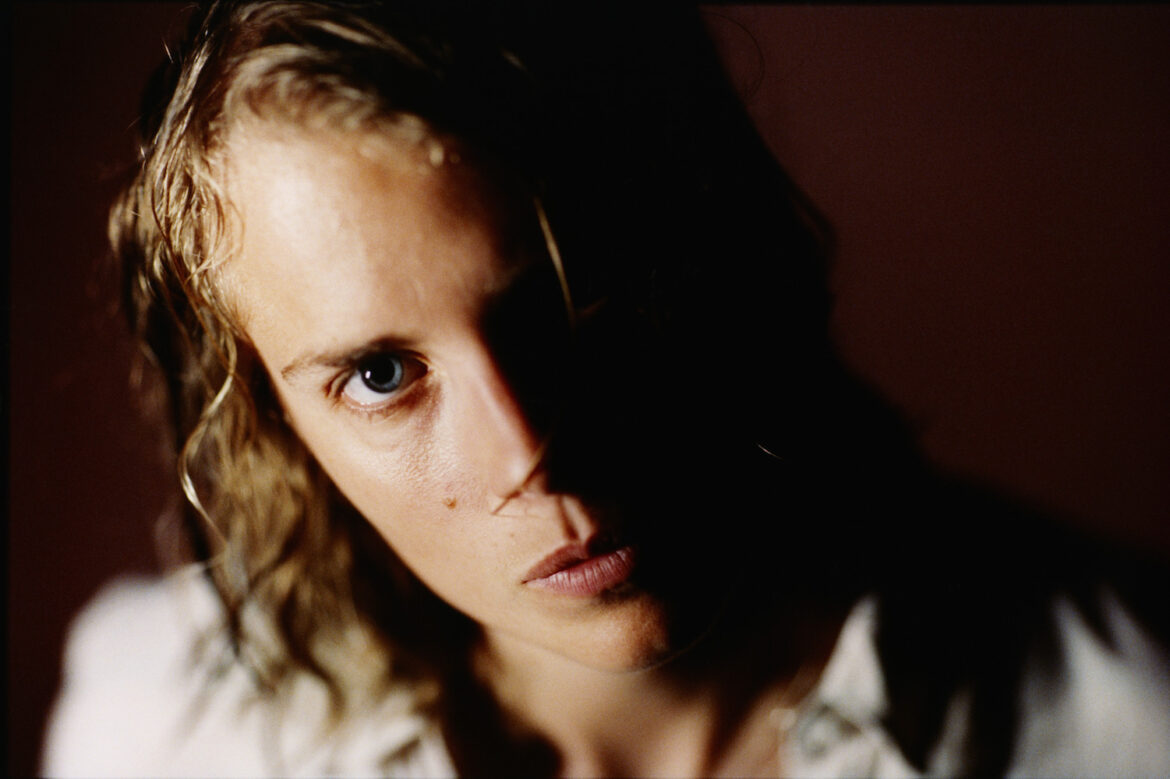
 © Steve Gullick
© Steve Gullick